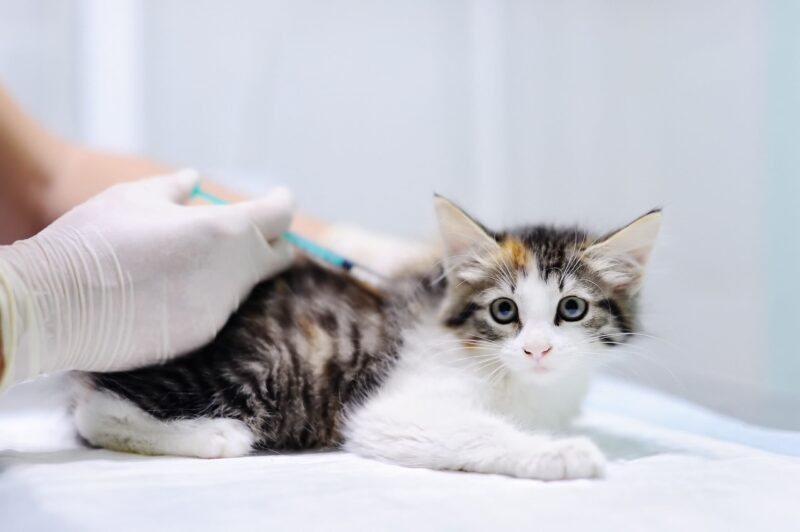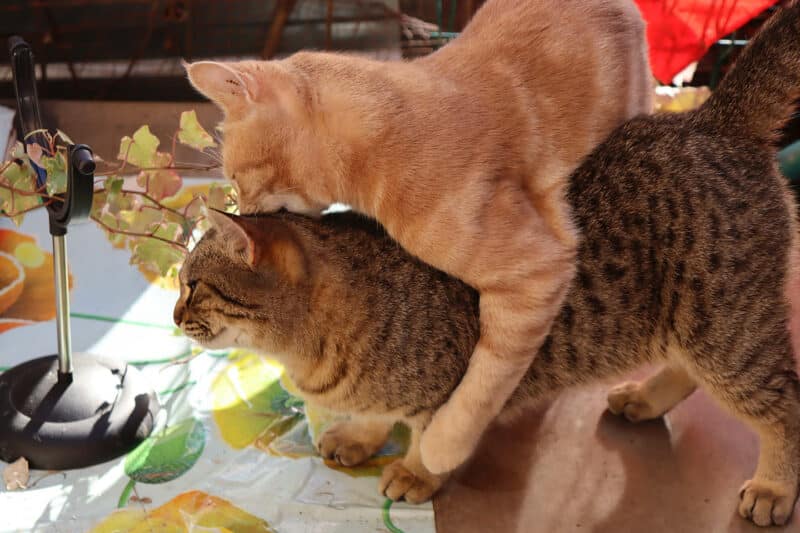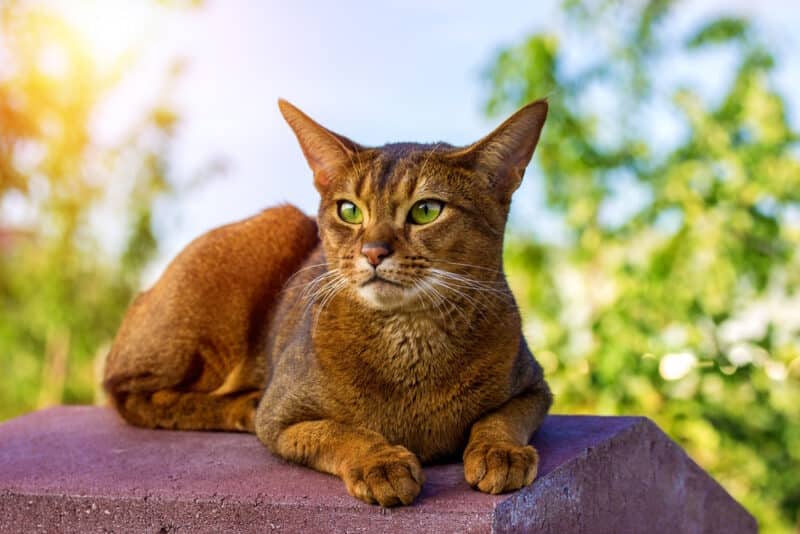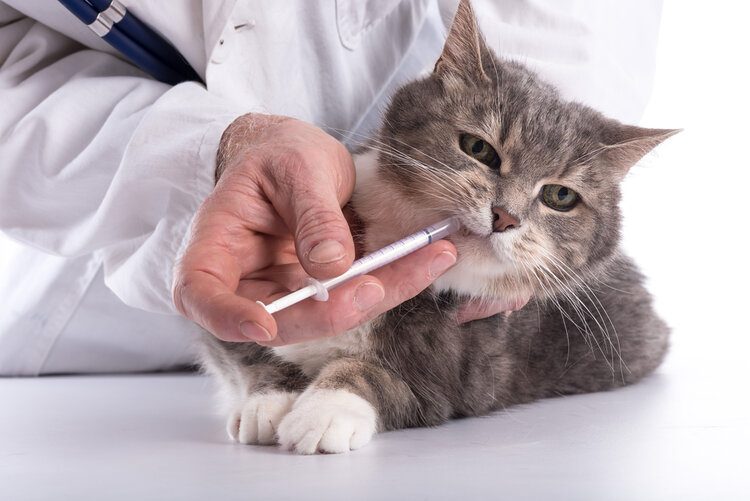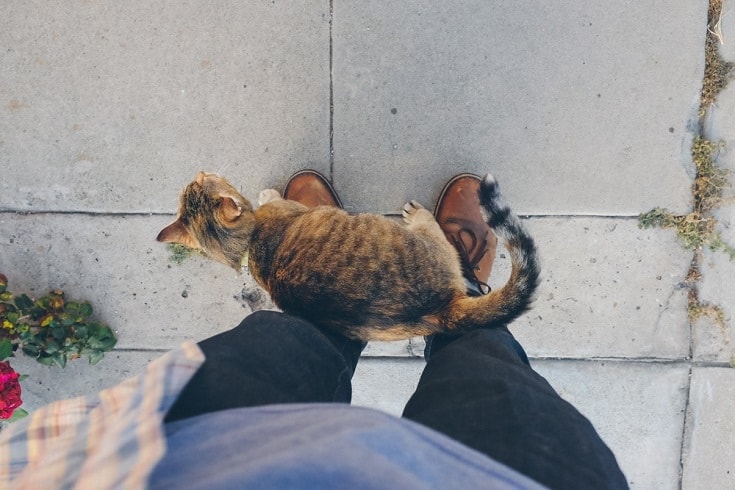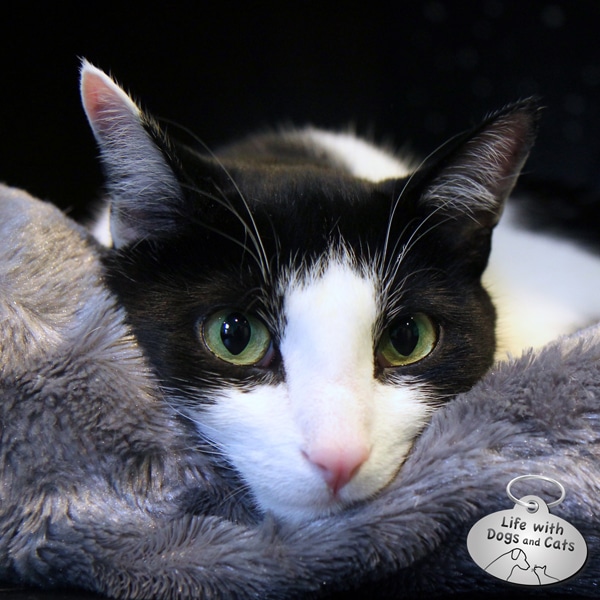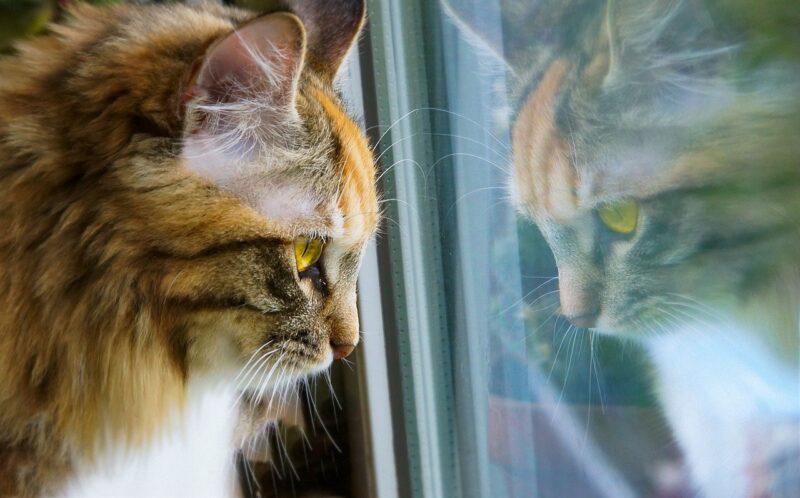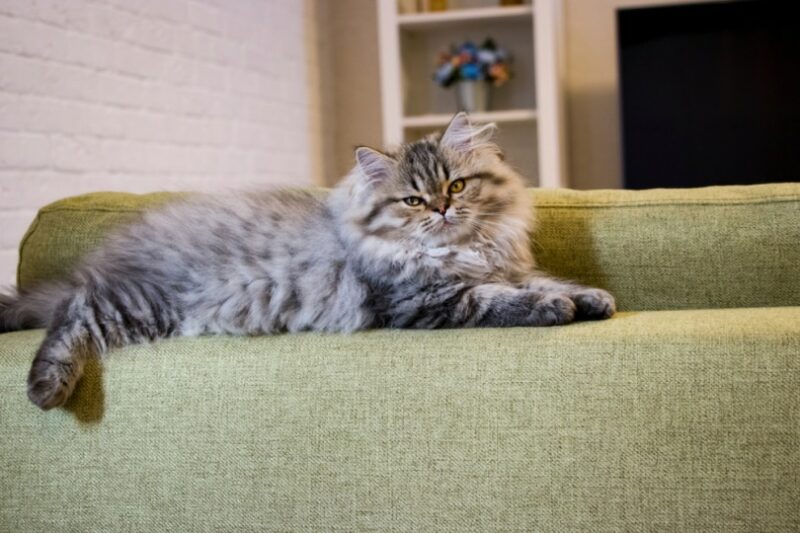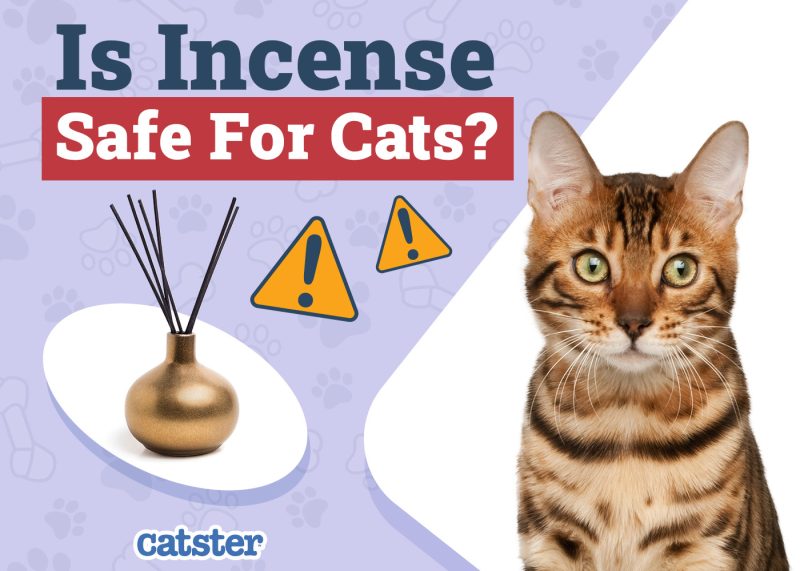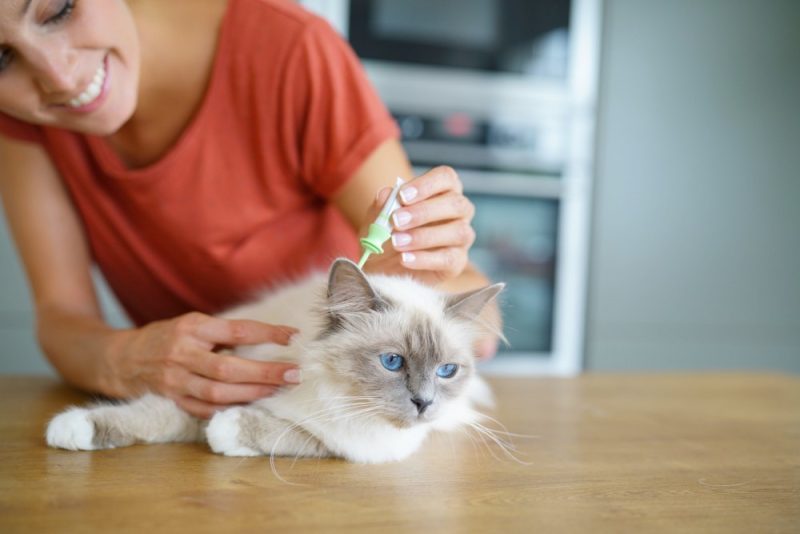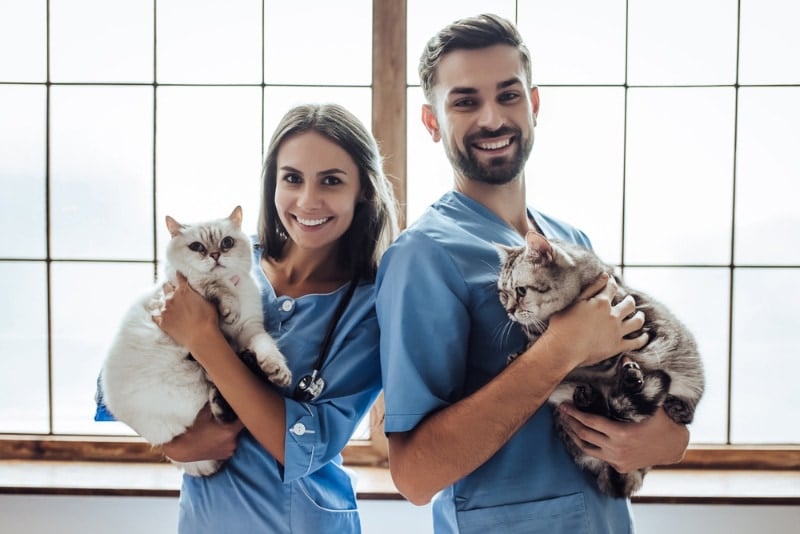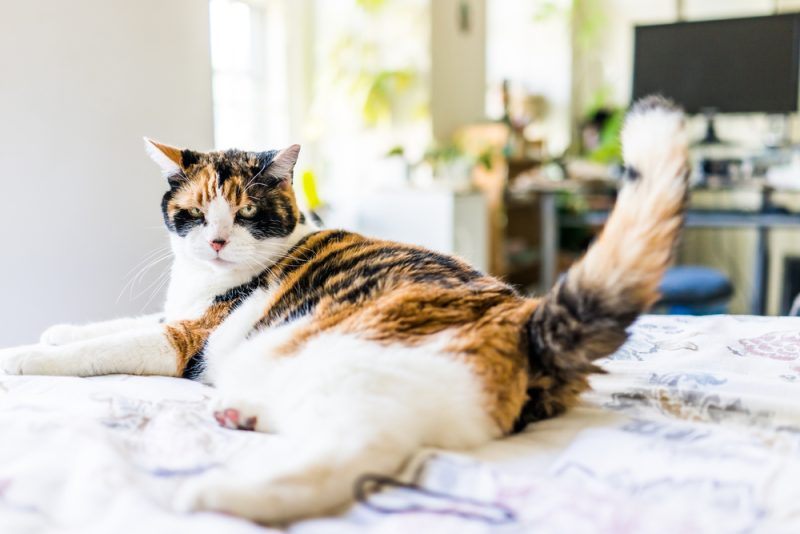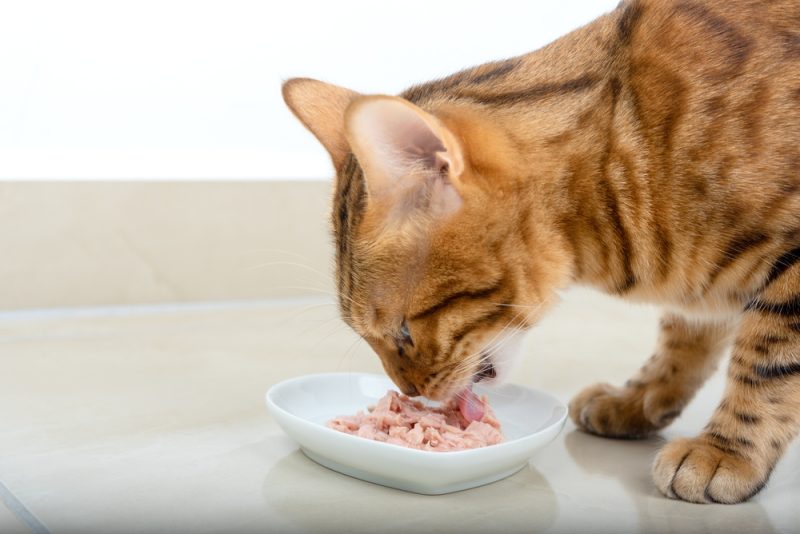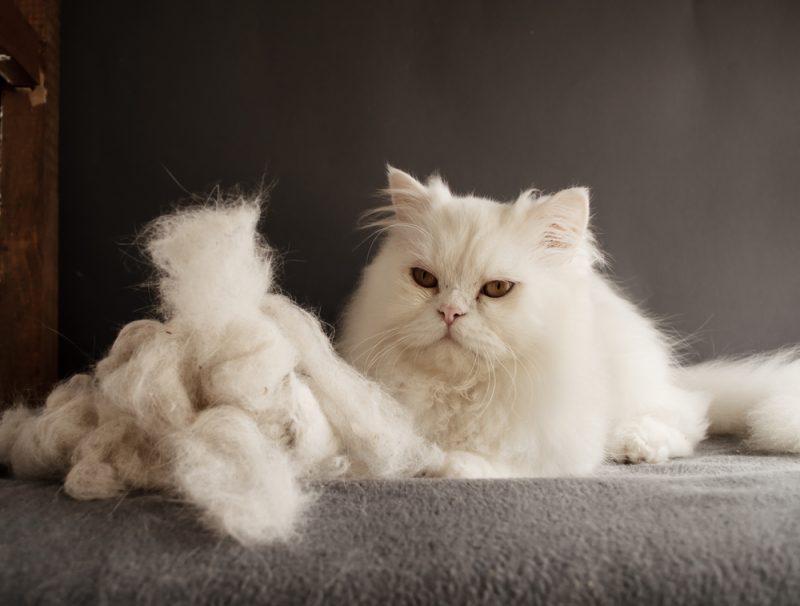In this article
Whether you have an indoor or outdoor feline, you must keep up with their vaccinations. Vaccinations and booster shots keep numerous preventable health concerns at bay.
But how much do cat and kitten vaccinations cost in Australia? We gathered the most up-to-date information to acquaint you with the current costs of feline immunisation treatments. In general, initial immunisations for kittens can cost between AU$160 and AU$280, while boosters can cost around AU$80–$140 annually.

The Importance of Cat & Kitten Vaccinations
Vaccinations are a crucial part of pet preventative health care routines. A qualified vet will consider your cat’s age, lifestyle, and where you live to determine which vaccinations your feline needs and the appropriate booster shot schedule.
Immunisation helps protect cats and kittens from infectious diseases typically spread between cats. They can also keep certain life-threatening illnesses at bay. While some ailments cats can be vaccinated against are treatable, preventing the illness is best from an animal welfare and financial standpoint.
Contracting a disease with no effective treatment can doom your feline to pain, stress, and, ultimately, premature death. For example, once feline herpesvirus is contracted, it can live in the cat’s nerve cells and replicate again in times of stress, leading to lifelong struggles. Although cats’ life spans vary, well-cared-for cats that generally enjoy disease-free lives can live 15 or more years.
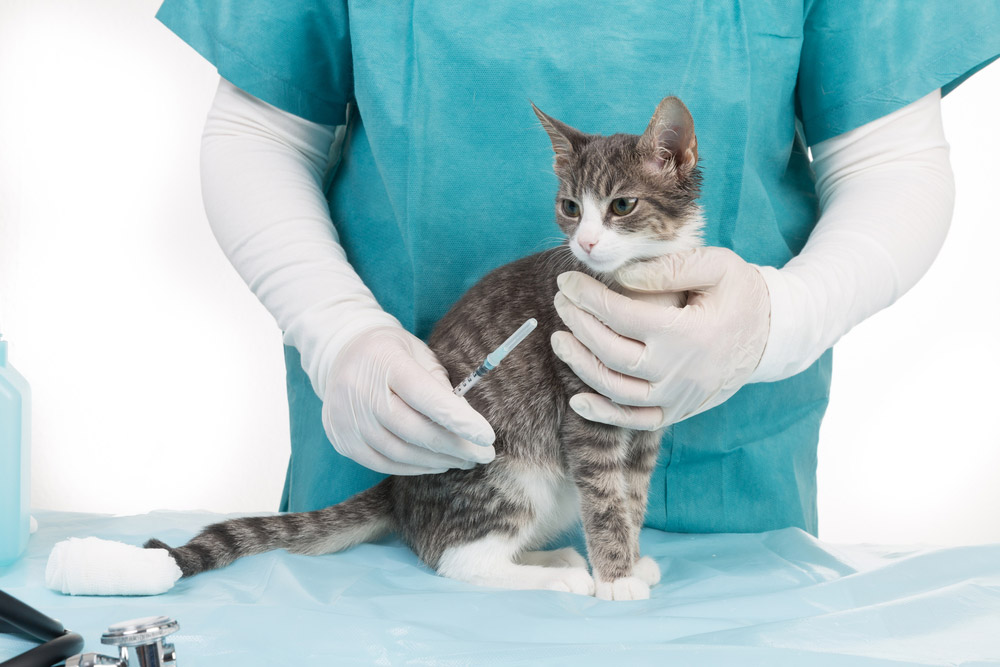
How Much Do Cat & Kitten Vaccinations Cost?
Numerous factors can influence the cost of cat and kitten vaccinations. These factors include the type of immunisation needed, where you live, and the veterinary clinic you visit. The cost of multiple vaccinations at once can be pretty high. Fortunately, the typically recommended immunisation schedules help make the fees manageable for most pet parents.
Kittens need more immunisations (typically 2 booster vaccinations once a vaccinated kitten has been purchased), which can cost AU$160 to $280 during the first year. Subsequent vaccinations and annual health checks can cost AU$80–$140. Contact your vet for a more personalised estimate.
| Service | Budget Cost | Average Cost | Premium Cost |
| Kitten vaccinations (F3 only) | AU$160 | AU$220 | AU$280 |
| Annual booster shots (F3 only) | AU$80 | AU$110 | AU$140 |
| Desexing (no blood tests or fluids) | |||
| Male | AU$120 | AU$180 | AU$240 |
| Female | AU$280 | AU$350 | AU$420 |
| Microchipping | AU$50 | AU$65 | AU$80 |
Vaccinations Cats and Kittens Need
Your vet can vaccinate your cat against numerous diseases. However, the necessary immunisations depend on where you live and your cat’s breed and lifestyle. Getting all the available vaccinations is often unnecessary.
Cats and kittens need core vaccinations, and you may opt for non-core vaccines. Core vaccinations are the jabs all cats require to be protected against the most common diseases. For instance, all cats need F3 vaccines, which cover them against the three most common cat illnesses. They include feline panleukopenia, feline calicivirus, and feline herpesvirus.
Non-core immunisations are also necessary depending on where you live, your cat’s lifestyle, and common cat ailments within your geographical location. For instance, if your furry friend roams outdoors unsupervised or has direct contact with lots of other cats, they may need FeLV. This is a non-core vaccination against feline leukaemia virus.
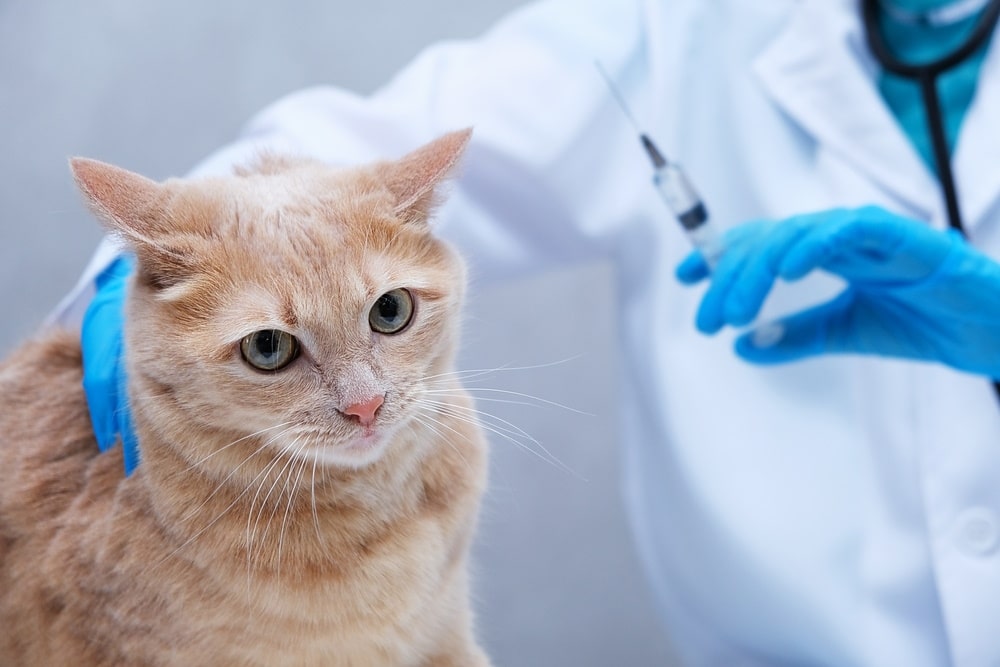
| Core Vaccinations | Non-Core Vaccinations |
| Feline panleukopenia | Feline immunodeficiency virus (FIV) |
| Feline herpesvirus | Feline leukaemia (FeLV) |
| Feline calicivirus | Chlamydophila felis |
Australia is rabies-free. If you plan to travel out of the country with your pet, you may need to make a special request to your vet for a Rabies vaccination. Rabies is a deadly viral disease spread through scratches or bites from an infected animal.

Additional Costs to Anticipate
If you are looking for holistic preventative healthcare services for your feline, your vet will focus on more than just vaccinations. Other equally crucial treatments that can drive up the costs incurred during your clinic visits include but are not limited to the following.
Lab Fees
Depending on your feline’s health, your vet may recommend taking a few lab tests. Blood tests give the expert a general idea of your cat’s biochemistry and haematology profile, how their body is functioning, and any possible health concerns. Other tests like urinalysis, faecal tests, and cytology can be needed if your pet has health concerns. Such fees can range from around AU$50 for in-house cytology, to more than AU$300 for bloodwork and external laboratory tests.
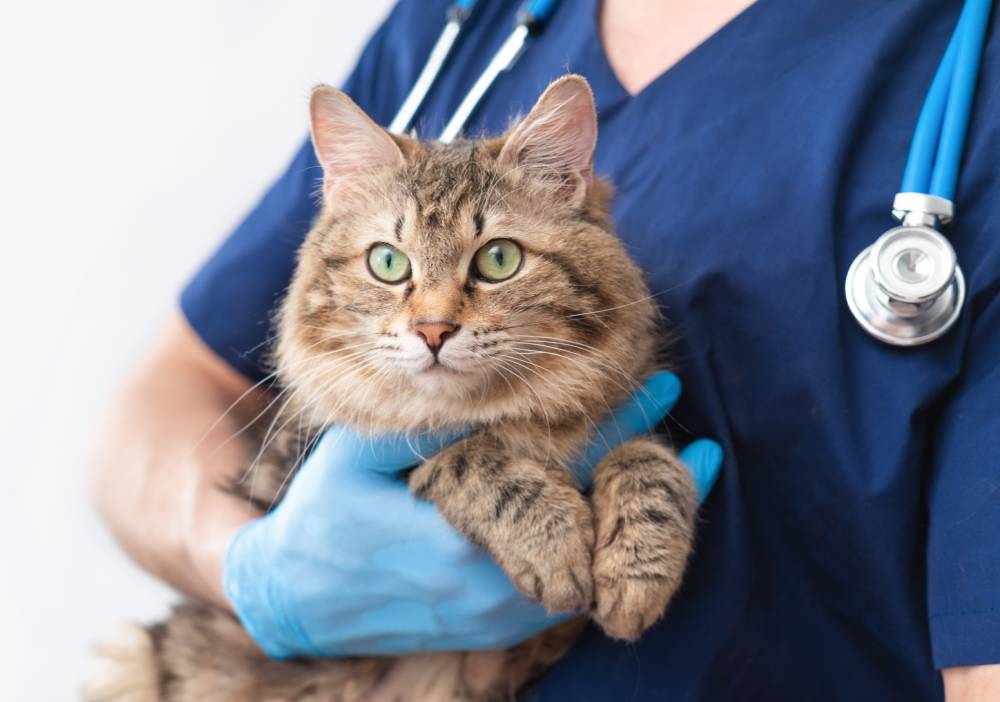
Desexing
Desexing can prevent unwanted pregnancies in female cats. It can also provide health benefits by limiting the risk of mammary tumours and uterine infections. In male cats, desexing eliminates the risk of testicular cancer. It also alleviates behavioural issues, reducing your cat’s tendency to roam which can put them at risk of being hit by cars or getting into fights. Desexed cats are also less likely to urine-mark in the house.
Generally, vets recommend desexing before your cat hits puberty at 4–6 months. It is still possible to schedule the operation even if your cat is older than 6 months of age. The service cost is between AU$120 to $420, depending on the vet clinic, age, sex, and health of your feline friend.
Microchipping
All cats need to be microchipped and, fortunately, this is usually performed prior to purchase or adoption. Microchipping is crucial in quickly identifying your pet if they get lost or wind up in a shelter.
Microchipping involves installing a tiny microchip underneath your pet’s skin. On average, the service will cost around AU$65, depending on the clinic you visit.
Parasite Preventatives
Fleas are a common external parasite that can make your cat stressed and uncomfortable. Some areas of Australia also have deadly paralysis ticks, meaning outdoor cats should always be on tick prevention. Your vet will recommend the best treatment plan depending on your furry friend’s lifestyle. While some treatments are scheduled monthly, other topicals can be used every 3 months.
On the other hand, worms are cats’ most common internal parasites. If it has been a while since you last dewormed your cat, they almost certainly have tapeworms and roundworms living in their gut or intestinal tract. Some of the signs of having worms include chronic diarrhoea and parasites in the faeces, but many cats don’t show any signs at all.
Heartworm can infect cats if they are bitten by an infected mosquito. It can cause signs of chronic respiratory disease. For at-risk cats, a monthly preventative can protect them against heartworm.
Kittens need deworming every two weeks until they turn 12 weeks, then monthly until they are 6 months old. After that, they should be dewormed routinely after every 3 months. Flea and worming treatments cost roughly AU$20 for a month’s worth of treatment, depending on the product.
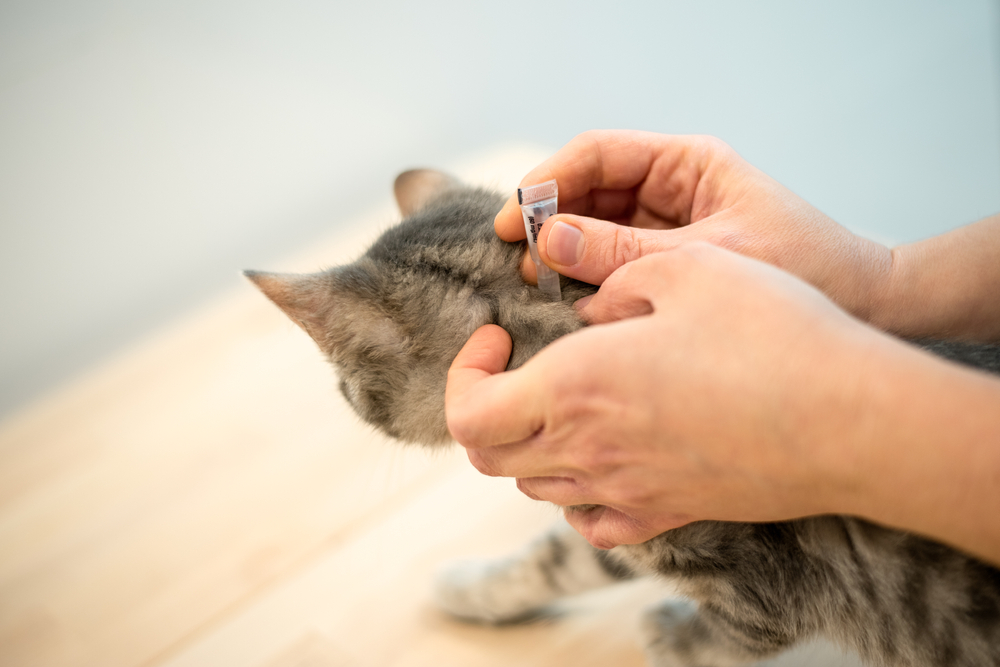

How Often Should I Vaccinate My Cats & Kittens?
Your kittens should receive their first vaccination jabs within the first 6 to 8 weeks of life. The shots help to boost their immunity and protect them from viral infections that may attack their fragile and immature immune systems.
Furthermore, felines require vaccinations until they reach 16 weeks of age. Typically, vets schedule these immunisations every 2 to 4 weeks. This ensures the kittens have proper protection even as they lose maternally derived antibodies.
Adult cats also require regular booster shots throughout life. Depending on your cat’s health, their lifestyle, where you live, and the type of vaccine given, they may require annual booster shots or every 3 years. If your adult cat has an unknown immunisation history, your vet will provide two jabs spread out within 3 to 4 weeks. The feline can then proceed with the annual booster shots.
Does Pet Insurance Cover Vaccinations for Cats and Kittens?
Pet insurance offers a practical option to lower the overall cost of healthcare services for cats and kittens. Most policies cover a reasonable fraction of the cost of emergency services and surgical procedures. Unfortunately, they often don’t offer any reimbursement for vaccination costs.
Comprehensive pet insurance policies offer the highest level of coverage. Depending on your insurance and policy it may cover routine care add-ons, allowing you to seek reimbursement for a portion of the expense incurred seeking vaccination. Some major veterinary franchises in Australia offer subscription services that cover vaccinations, online veterinary advice, and discounts on food and parasite prevention among other things.
For more accurate information, consult your policy provider. Find out the level of coverage your policy offers and the extras you stand to enjoy if you upgrade to a higher level of coverage.

What to Do for Your Feline After Vaccination Appointments
Right after your cat receives a vaccination, they may have adverse reactions. The most common reactions include soreness on the injection site, reduced appetite, low-grade fever, and lethargy. These mild signs typically don’t last for more than 24 hours.
It is crucial to monitor your furry friend and return to your vet if they show signs of being acutely unwell. Fortunately, most cats and kittens show no vaccination side effects.
- Monitor your pet closely for any unusual physical or behavioural changes
- Continue with the usual diet and activity routines
- Avoid any intense play for a few days after vaccination
- Don’t touch the injection site for a few days
- Ensure your cat is happy and calm
- Set a reminder at least 24 hours before the next vaccination appointment

Final Thoughts
Vaccinating your feline friend is as easy as making an appointment. Most vets will also recommend vaccinations as part of the standard wellness services. Generally, the cost and perks of seeking preventative care for your cat or kitten far outweigh the cost of treatment for preventable or potentially deadly diseases.
See Also:
- What’s the Price of Having a Cat in Australia?
- Small Animal Specialist Hospital (SASH) Vets Australia | Heroes of The Pet World
Featured Image Credit: Maria Sbytova, Shutterstock

